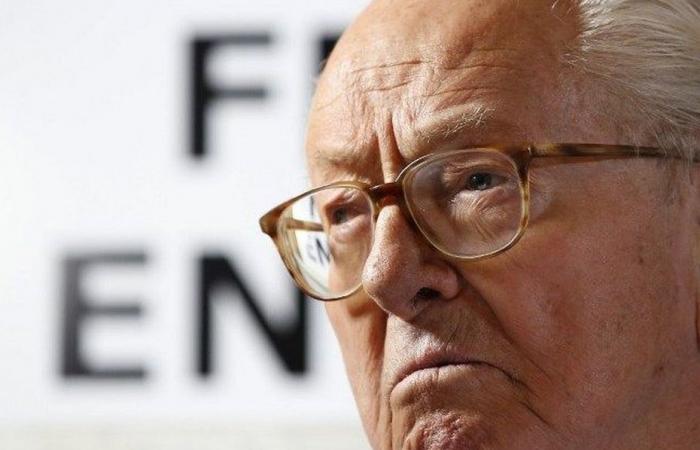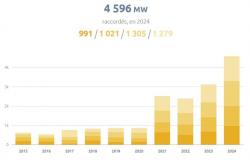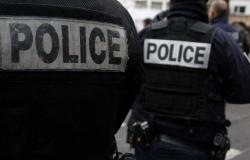
He called himself “the Little Breton”. National Front activists nicknamed it the “Menhir”. Jean-Marie Le Pen will always have claimed his Breton roots, with La Trinité-sur-Mer (Morbihan) as a reference, where he was born. A look back at a long life which often made a stopover on the Morbihan coast.
The essentials of the day: our exclusive selection
Every day, our editorial team reserves the best regional news for you. A selection just for you, to stay in touch with your regions.
France Télévisions uses your email address to send you the newsletter “The essentials of the day: our exclusive selection”. You can unsubscribe at any time via the link at the bottom of this newsletter. Our privacy policy
Jean-Marie le Pen died this January 7 at the age of 96 in Gârches, in an establishment where he was admitted a few weeks ago. The founder of the National Front, which became the National Rally, had gradually withdrawn from political life since 2011, leaving the presidency of the party to his daughter Marine Le Pen.
An outstanding tribune, a sulphurous provocateur obsessed with immigration and Jews, a patriarch upset by his own people, this Breton who liked to be nicknamed “the menhir”, had brought the French extreme right out of its marginality during a political career which marked the Fifth Republic. A look back at a long life in which he highlighted and showcased his modest Breton origins, although Brittany was long resistant to his ideas.
Jean Louis Marie Le Pen was born on June 20, 1928 in La Trinité-sur-mer in Morbihan. An only child, he grew up in a modest and needy environment, both a peasant on the side of his mother Anne-Marie, a seamstress, and a seafarer on the side of his father.
When I was born, the floor at home was dirt. I saw electricity, TSF coming, then running water.
A childhood marked by tragedy. When he was only 14 years old, his father’s trawler “Perseverance” jumps on a mine in 1942. Jean-Marie Le Pen becomes a ward of the nation and a turbulent teenager. Dismissed from two establishments in Lorient and Vannes, he still studied law in Paris and even became the youngest deputy in France.
-Between two military engagements in Indochina and Algeria, at the beginning of the 1970s, he reappeared on the political scene by creating the National Front. In front of voters, he clearly highlights his Breton roots.
Over the years, Trinité-sur-mer and the birthplace therefore became the immutable setting for political returns and campaign launches. It is also here that his daughters spend festive summers. The family cultivates old local friendships with the singer Alain Barrière, the photographer Philip Plisson and even certain members of the Kersauson family. The little Breton port is a bit like the anti-Saint-Cloud.
Jean-Marie Le Pen and Brittany, the report by Robin Durand:
duration of video: 00h03mn36s
Jean-Marie Le Pen, a figure of the French far right, has often claimed his Breton roots. Robin Durand’s report
•
©France Télévisions
But no one is a prophet in his country, especially at the ballot box. La Trinité-sur-Mer will never place Jean-Marie le Pen at the head of a national election, like the rest of Brittany for that matter. Barometer of these decades of distrust: a chronic difficulty in collecting sponsorships for the presidential election. The one whom the Frontist activists nicknamed “the Menhir”, it is true, has very rarely expressed himself on Breton issues. In Brittany, the Le Pen brand will have mainly scored points thanks to another first name: Marine. The RN, more than the FN in its time, is now gaining votes in certain territories. At the end of a long life, the “Menhir” will ultimately concede only one regret.
I only have one regret, and that is not having learned Breton because I have a real affinity with this culture. I am proud to be Breton, it is an increasingly rare quality in our country.
Jean-Marie Le Pen died this Tuesday, January 7, 2025 at the age of 96 in Garches (Hauts-de-Seine), in an establishment where he was admitted at the beginning of last November.





